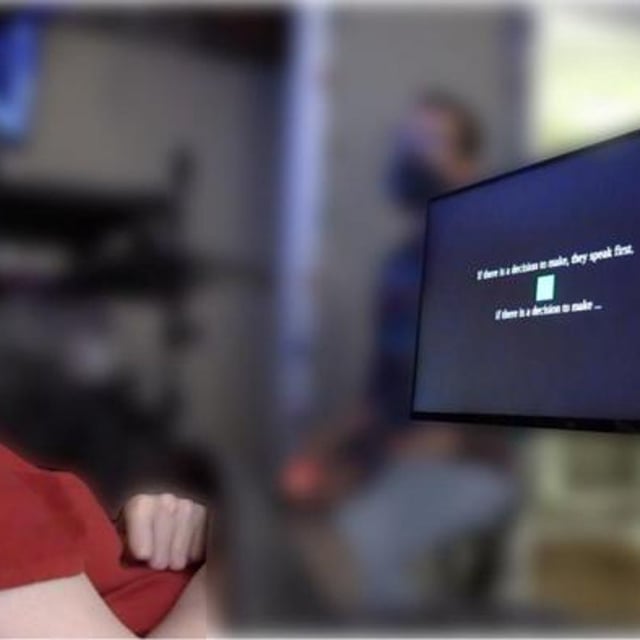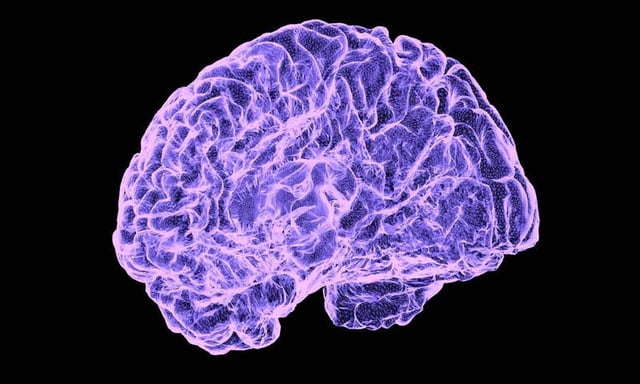Overview
- Participants drawn from the BrainGate2 trial received 64-channel microelectrode implants in their motor cortex to record neural signals during prompted inner speech.
- An AI decoder translated imagined sentences from vocabularies up to 125,000 words, reaching a peak accuracy of 74% and showing higher error rates with larger lexicons.
- A mental-password safeguard detected a user’s chosen unlock phrase with over 98% reliability to block unintended thought decoding.
- Neural recordings revealed overlapping activation for inner and attempted speech but demonstrated that the BCI could reliably distinguish between the two.
- Researchers caution that findings are preliminary, highlight variability across participants and vocabularies, and call for further validation and mental-privacy protections before wider clinical use.


